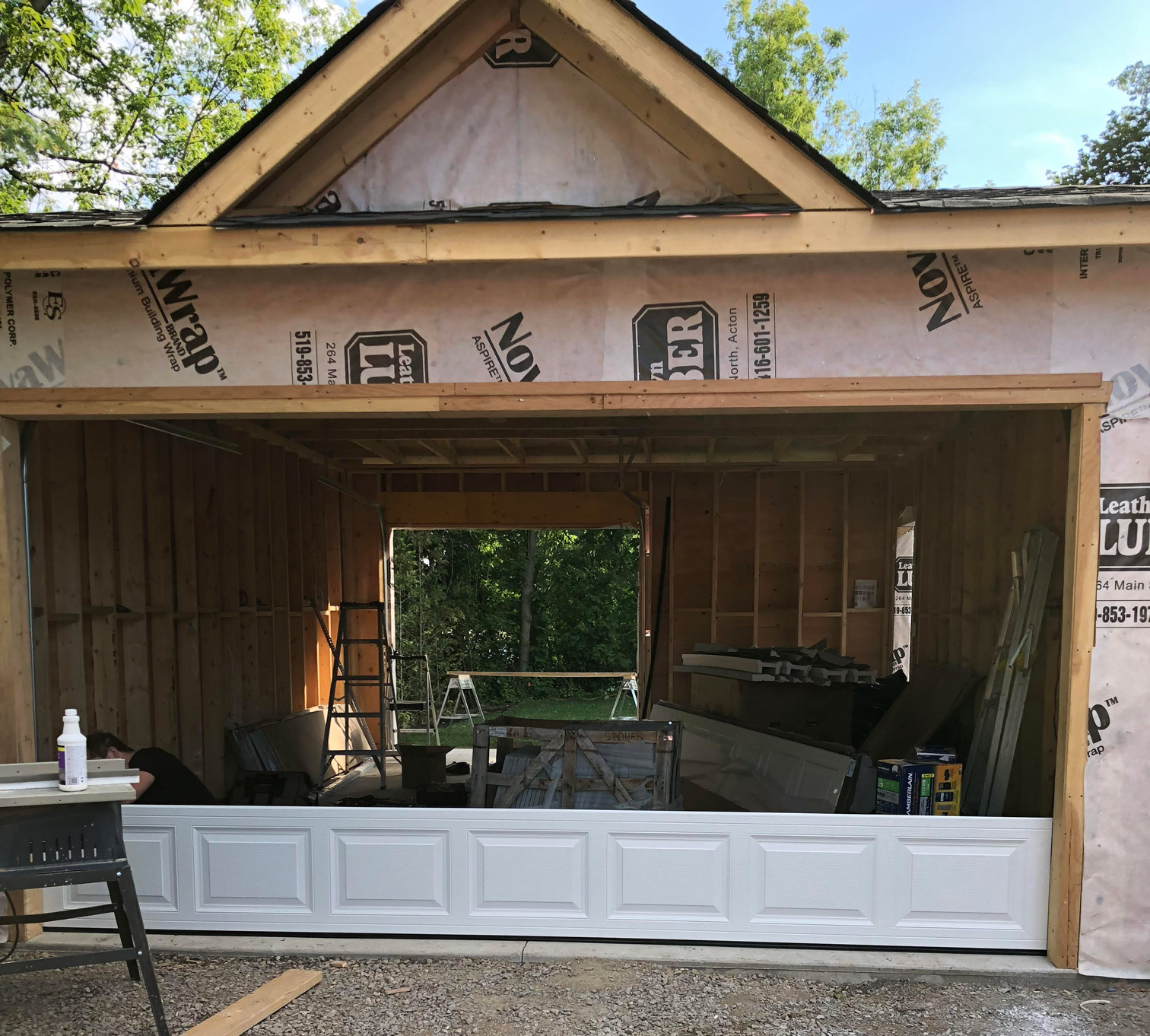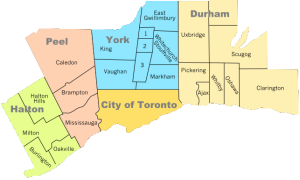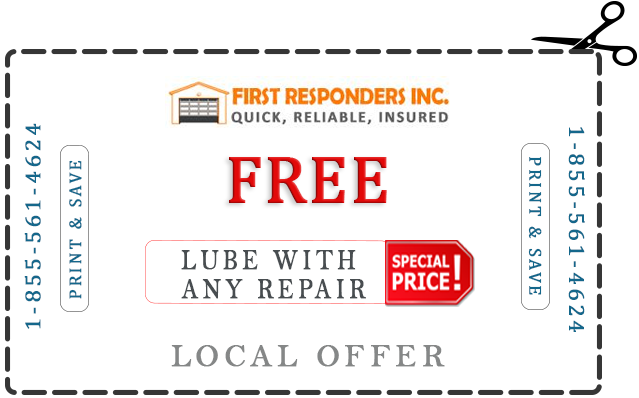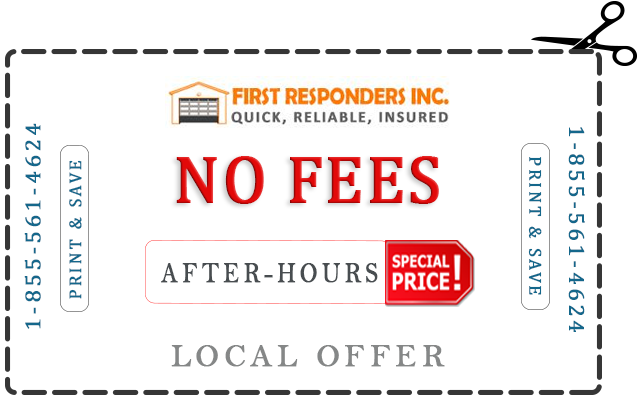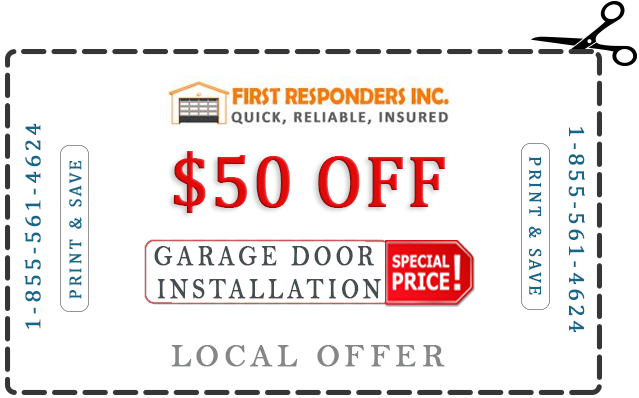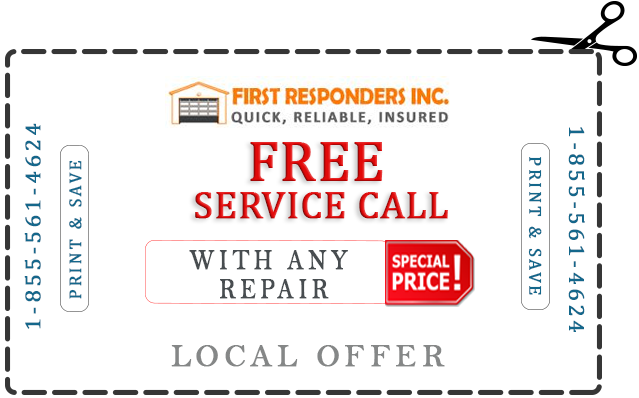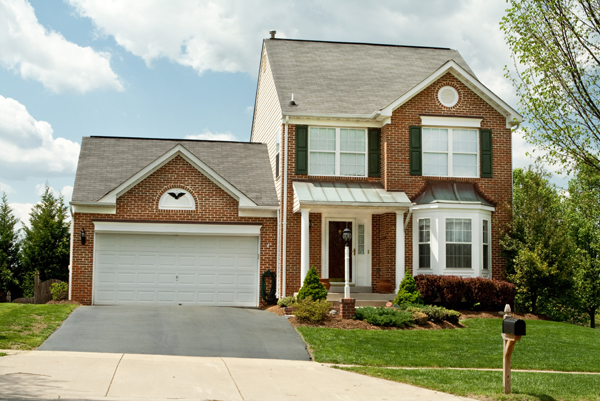
Whether we are storing vehicles or valuables in our garage, residential garage doors stand between our things and the rest of the world. As homeowners, we trust our doors to stay secure, keep their look, and most importantly: work every single day. Garages are like printers if we are not careful and they, unfortunately, stop working it is inevitable that it will be at the most inconvenient moment. To prevent this from happening you have to make sure that you are informed about your needs and options and hire a professional, trusted team to handle your installation and any repairs that you need.
How To Choose a Garage Door Material?
The material we choose for our garage door installation does more than change its aesthetics: it also changes its durability and its behaviour over time. Some of the most common materials and their properties are listed below. Remember to take these into account along with looks when making your decision!
- Wood: Residential wood doors require consistent maintenance and refinishing, but they are a better insulator than steel. This category boasts lower-cost options such as flat hardboard panels with a painted finish, but there is also the option for a wood-composite door. These are made with recycled wood fibers, which offers the similar benefits to steel while still allowing for that traditional look, such as resistance to rot and splitting.
- Steel: Steel doors come in a variety of strengths, which are measured in gauges. The lower the number, the thicker the material. These doors range from impact-sensitive 28-gauge panels to sturdy 24-gauge and below, giving you lots of options when it comes to cost, weight, and aesthetics. Steel is a poorer insulator than wood, but you can opt for insulated steel doors, which generally outperform wood at a higher price than un-insulated steel.
- Aluminum: Aluminum doors are similar to steel ones in many ways, however, they tend to be lighter and less expensive. These doors are more likely to dent, but they boast the option of lasting finishes and faux wood textures.
Which Garage Door Opener is Best?
There are three major types of garage door openers on the market, and the one that you choose makes an important difference in maintenance and repair. Things like: weight, sound, cost, maintenance frequency all change based on which opener you choose, so it is important to be informed during your initial residential garage door installation to avoid hidden costs and future crises.
- Screw Drive: This opener uses a threaded metal rod to open and close the door as it rotates. The screw drive tends to make the least noise and require the least maintenance, but it is not suited for heavier garage doors.
- Belt Drive: This opener uses a rubber belt, producing less vibrations and sound than a chain would. These also leads to less required maintenance, saving you time, trouble and cost in the long run.
- Chain Drive: This opener tends to be the least expensive, using a metal chain to open and close the door. The resulting vibration and movement mean that it will require fairly frequent maintenance, as well as generate a lot of noise, and is best for residential properties where the garage is not attached to the rest of the home.
RELATED ARTICLE: Buying a Garage Door Remote?
Professional Residential Garage Door Installation
Being informed about the best choices for you is step number 1, but choosing the right professionals for your installation is crucial. Choosing a reputable company like First Responders to for your residential garage door installation means you will be avoiding hidden future repair costs, but that if you ever need repairs our technicians are available 24/7 to help you out. Call us today to book your appointment, and have the perfect garage door installed for you by the best installers in the GTA!
Quick Service Call: 647-646-7717
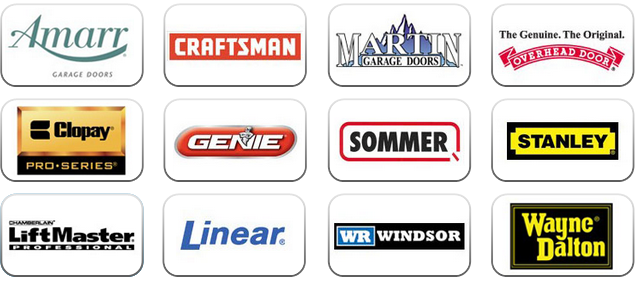
Garage Door Maintenance, Installation and Repairs Services in GTA & York Region
We service Toronto, North York, Etobicoke, Scarborough, Vaughan, Richmond Hill, Thornhill, Markham, Aurora, Newmarket, Milton, Brampton, Mississauga, Oakville, Burlington, Ajax, Pickering, and the rest of the Greater Toronto Area and York Region.


